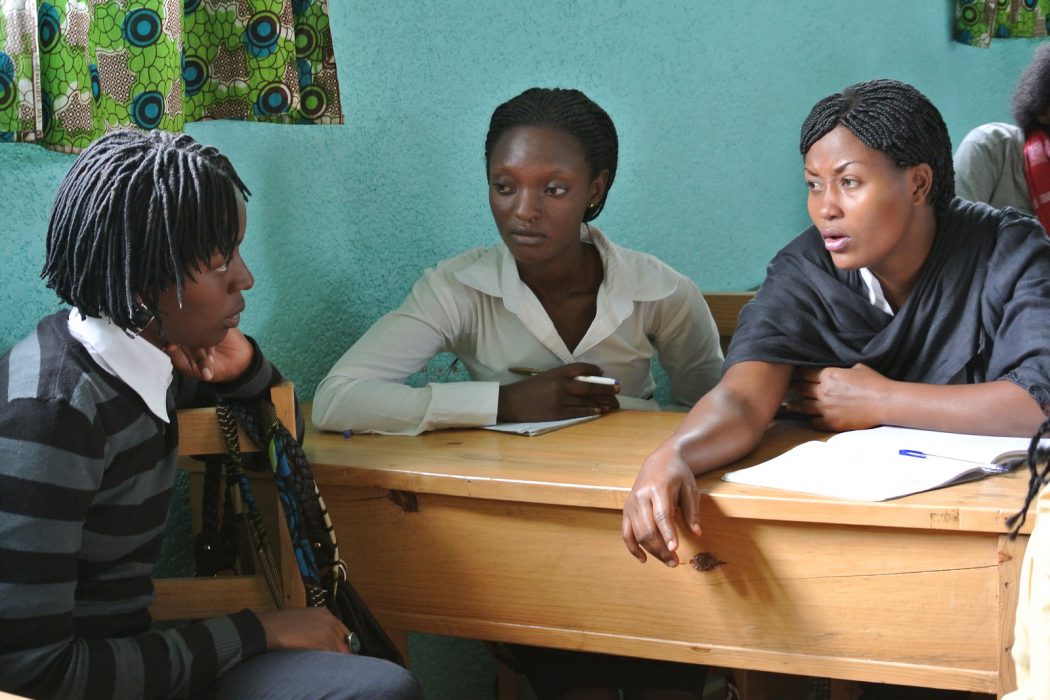The world is witnessing a marked shift in women participation in politics, with more politicians of the female gender emerging. Incidentally, while one would expect the developed world to blaze the path of mainstreaming women participation in democracy, it is the developing world that is leading the way. Rwanda is one such example.
The year 2003 marked Rwanda’s journey towards the current 64% women leadership in the legislature, according to the Inter-Parliamentary Union (IPU). This is far above countries like South Africa (40%), and Uganda, Tanzania and Angola, which have surpassed the 35% mark. How does the global beacon and defender of democracy fare in this regard? The US has never surpassed the 20% mark in women representation in its various legislative houses.
How did Rwanda achieve this?
Rwanda did not arrive at this point easily. 1994 is undoubtedly the country’s darkest year. The infamous genocide that took away the lives of almost a million citizens was the fulcrum for this nation. The aftermath was conscious effort to transform the face of leadership in the country. Part of this involved entrenching women leadership, considering Rwanda had descended into an abyss under the leadership of men.
To ensure this ideal was realized, President Kagame and his government developed an affirmative action plan. For example, of the 80 seats in the Chamber of Deputies, 24 belong to women by law. However, it appears that women leadership has captivated the electorate to the extent that even in elective seats, women trounce mean. In essence, affirmative action is bolstered by direct election, which proves that women who benefit from this initiative exemplify good effective leadership.
What lessons for women empowerment does Rwanda’s action teach?
All democracies, including Western ones, must realize that women have the ability to lead and can do so when given a chance. Secondly, affirmative should not be shunned but appreciated if women empowerment is to be achieved. Thirdly, once the electorate and citizenry realize the leadership qualities of women, electing the female gender will no longer be debatable.
A final word
Despite the negative media news that emanate from Africa often, it is obvious that the continent has vital lessons in democracy for the rest of the world. The election of Mrs. Johnson-Sirleaf as the president of Liberia, and the ascending of Mrs. Banda into the Malawian presidency (though for a brief stint), illustrate how women empowerment can transform society.
© EthLeen



